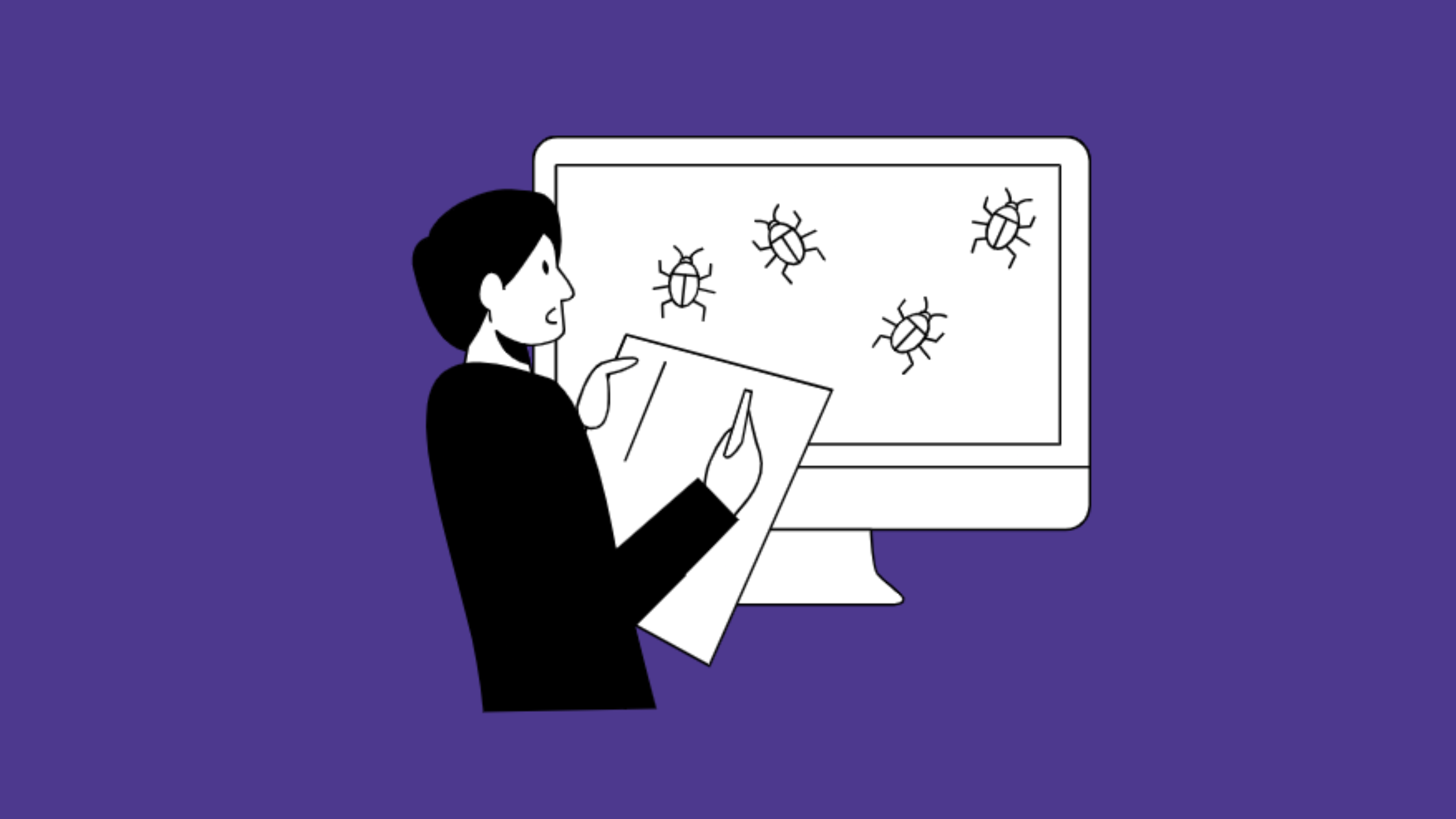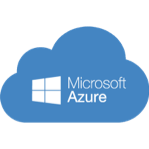-

How Much it ll cost to build an app like
- Cost to develop an Uber Tow Truck App
- Cost to develop a Pest Control App
- Cost To Develop a Handyman App Like Uber
- Cost To Develop a Doctor Appointment Booking App
- Cost To Develop An App Like MoodBites
- Cost To Develop An App Like SkipTheDishes
- Cost To Develop An App Like Q Chat
- Cost To Develop An App Like TickTick
- Cost To Develop An App Like ContractBook
- Cost To Develop An App Like Utter
-

How Much it ll cost to build an app like
- Cost to develop a Video Editing Mobile App like Magisto
- Cost to develop a Live Video Streaming App like Twitch
- Cost to develop an app like Home Workout- No equipment
- Cost to develop a Sports News app like theScore
- Cost to develop an Application like Reddit
- Cost to develop a Sports News app like theScore
- Cost to develop an E-learning platform like Udemy
- Cost to develop an On Demand Doctor App like Heal App
*

Protecting Your Business from Ransomware Attacks: Best Practices
Ransomware attacks are a constant worry for businesses today. These malicious software programs infiltrate computer systems, encrypting critical data and demanding a ransom payment for decryption. The consequences of a successful attack can be devastating, leading to financial losses, operational disruptions, and reputational damage.
Fortunately, there are steps you can take to safeguard your business from these cyberattacks. Here are some best practices to consider:
1. Implement a Robust Backup and Recovery Strategy:
Regularly backing up your data is the single most effective defense against ransomware. Store backups on a separate, secure network or cloud storage solution, physically isolated from your primary systems. This ensures even if ransomware encrypts your main files, you have a clean copy readily available for restoration.
2. Prioritize Software Updates:
Out-of-date software is a vulnerability cybercriminals exploit to gain access to systems. Make it a priority to update your operating systems, applications, and firmware on all devices as soon as updates become available. These updates often include security patches that address newly discovered exploits.

3. Empower Employees Through Security Awareness Training:
Employees are often the first line of defense against ransomware attacks. Regular security awareness training can equip your workforce with the knowledge to identify suspicious emails, attachments, and phishing attempts. Educate them on best practices for password hygiene and responsible browsing habits.
4. Fortify Your Network Defenses:
Firewalls act as a barrier between your internal network and the external world, filtering incoming and outgoing traffic. Configure your firewall to block suspicious connections and only allow authorized traffic. Additionally, consider network segmentation to isolate critical systems and further limit the potential impact of a breach.

5. Utilize Antivirus and Anti-malware Software:
Deploy robust antivirus and anti-malware solutions on all devices within your network. These programs can detect and prevent the installation of malicious software, including ransomware. Ensure you configure them for automatic updates to maintain the latest threat definitions.
6. Enforce Strong Password Policies:
Implement strong password policies that require employees to use complex, unique passwords for all business accounts. Encourage the use of multi-factor authentication (MFA) as an additional layer of security to prevent unauthorized access.
7. Restrict User Privileges:
The principle of least privilege dictates that users should only have access to the resources they need to perform their jobs. Avoid granting administrative privileges to users who don’t require them. This helps limit the potential damage if an account is compromised.

8. Conduct Regular Security Assessments:
Proactive security measures are vital. Schedule regular security assessments to identify vulnerabilities in your systems and network. Address these vulnerabilities promptly to minimize the risk of exploitation.
By implementing these best practices, you can significantly reduce your risk of falling victim to a ransomware attack. Remember, ransomware is a constantly evolving threat. Staying vigilant, adopting a layered security approach, and fostering a culture of cybersecurity awareness within your organization are crucial for safeguarding your valuable data and maintaining business continuity.

Author
Our Partners




WhatsApp us


